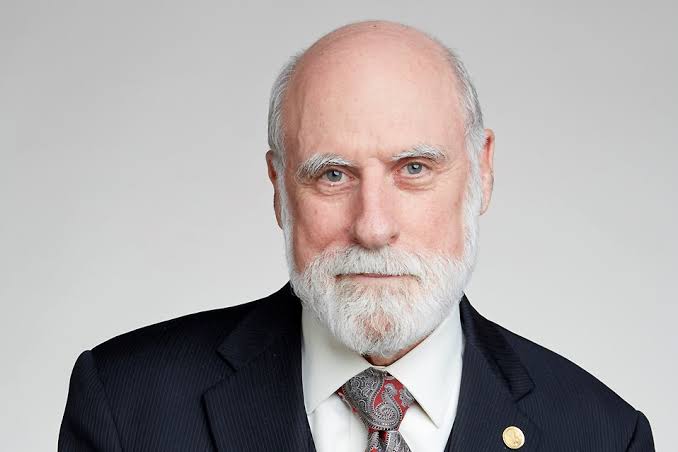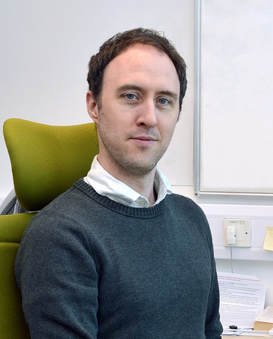I am a technologist who has spent the last 10+ years thinking, researching, writing, and speaking about the intersection of technology and cognition.
I have 4 books in various stages of the publication process.
This website is for people who want to learn more about that work.

What I believe:
Humanity is at an inflection point, of our own creation, due to the effects of constantly accelerating Technology.. If we step back, and see the big picture, we can – as we have in the past – bootstrap ourselves to a better world, or at least adapt and increase the chances we’ll survive and maybe thrive in the faces of future changes that will happen to us. Our species has been here many times, but in the past we had thousands of years to adapt (in some cases millions); now we have at most a few decades. To take advantage of this chance we need to understand this moment for what it is, and not sleepwalk through it, hoping for the best.
What I've discovered:
Let me condense down over a decade’s research, a half million of my words, and over 4,000 citations into the main takeaways I think about these days:
- Rapidly accelerating technology is not expanding exponentially, as a function of some singular variable like Moore’s Law. It is expanding MUCH faster – via an algorithm that is a function of many variables, each of itself is expanding exponentially, compounding with bootstrapping loops in between. It is now moving so fast it can no longer be understood by any one individual or entity. Technology is thus expanding algorithmically, not exponentially.
- Rapidly accelerating technology is disrupting the very fabric of how we think. Traditional forms of thought break down in the face of accelerating technology; we need new forms of thought to adapt to our modern niche, which changes on a daily basis.
- Technology leaves most of us better off, objectively, but feeling worse, subjectively.
- We respond to increasingly complex systems with hyper-specialization. Each of us knows more than ever, but what there is to know expands faster. We understand less of the whole, each day.
- The result is most of us now see technological growth as ‘magic’. This “return of magic” after 300 years of ‘dis-enchantment’ that the enlightenment, science, and education brought us is a very significant change in human culture.
- The natural result of increasing complexity in any system, such as our modern daily civilization and our ability to think our way through technology is a growing likelihood of catastrophic failure. As a result of this, and the decreasing ability to comprehend the whole, humanity has a diminished ability to prepare for and respond to existential threats.
- Prime driver for increasing technology is not technology itself, or tech companies & billionaires, but the people who adopt and use the technology. We are the driver.
- The confluence of all these factors represents the single biggest national security issue facing countries today; one that is indeed set to undermine civilization itself.
- The situation above is not inevitable, or purely negative; if managed it represents an opportunity for an unprecedented human/global uplift.
- Few people are aware of or working on root cause of these points, because it takes a willingness to step back, set aside our existing beliefs and understanding, and look at the broad and deep context we find ourselves in, from a trans-disciplinary perspective. And our society doesn’t reward those approaches.
What readers are saying:
The Disruption of Thought
Scannell makes a strong case that this is a sea change, a true “disruption of thought.”… He makes a positive case for harnessing this insight, but I also came away feeling that our ability to cope with so much change might prove challenging both to individuals and societies. The solution to this challenge may lie in the very technology that is causing it…
So, why would I recommend this book to other readers? …It made me think!”


The Great Irony
of Technology

